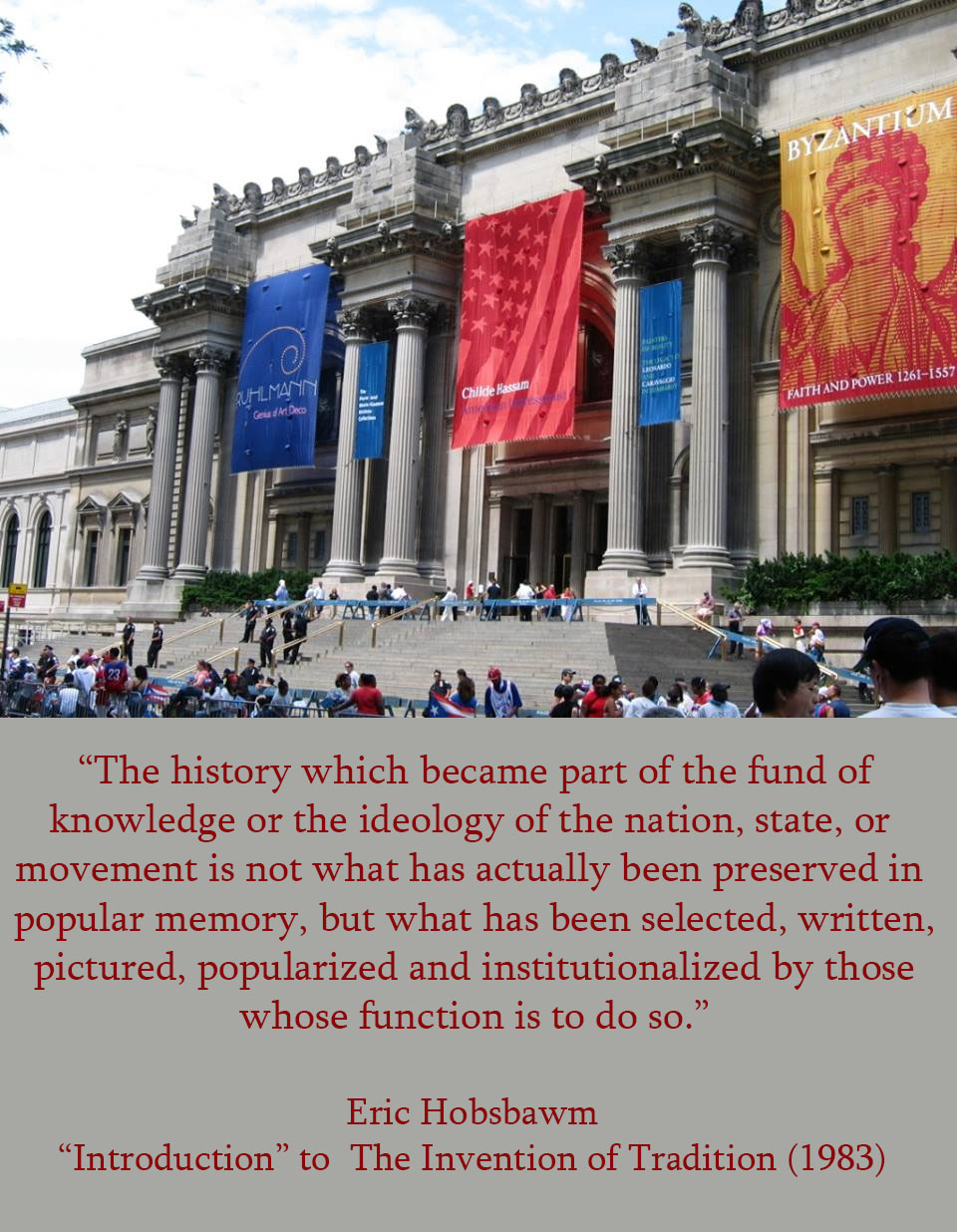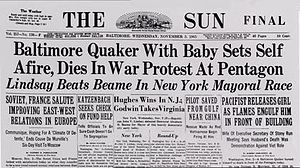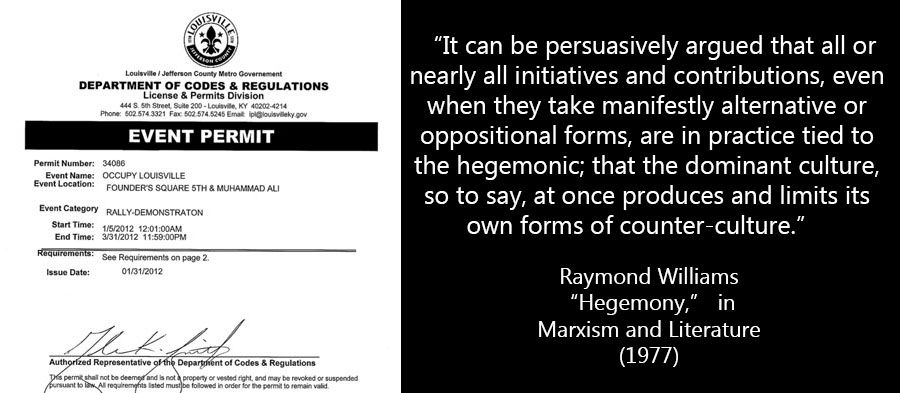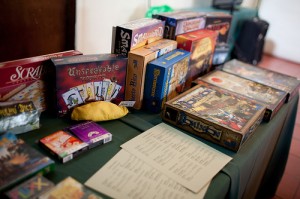“Faced with Franciscans who deployed an evangelism of a culturalist type and sought to legitimise authochthonous civilisation to the point of taking care to respect its established hierarchy, the sedentary natives of New Spain chose to submit and to accept the Europeans’ religion. However, they converted ‘in order to remain Indians’. The Continue reading “Bayart on the Ironies of Colonialism”
Fabricating Origins …One Coffee Bean at a Time
 During a recent coffee run to Starbucks, an advertisement caught my eye – it read – “Ethiopia Single-Origin.” They’re many things about this ad that strike me as curious, especially the ways in which ‘Origin’ as a single and monolithic “thing” is juxtaposed over and against the country Ethiopia which is, like all places, quite heterogeneous.
During a recent coffee run to Starbucks, an advertisement caught my eye – it read – “Ethiopia Single-Origin.” They’re many things about this ad that strike me as curious, especially the ways in which ‘Origin’ as a single and monolithic “thing” is juxtaposed over and against the country Ethiopia which is, like all places, quite heterogeneous.
These terms coupled together create a homogenizing effect through mythological constructions of singularity and originality. What could possibly be singular about the country Ethiopia and the coffee beans produced there (consider, for example, in Ethiopia, there are over 90 individual languages/communication systems operative)? Just a brief consideration of the (cross-cultural and geographical) travel involved in the producing, manufacturing and selling of commodities like coffee beans from this place and that ought to shift such discourse on the perceived distinctiveness of such claims. Continue reading “Fabricating Origins …One Coffee Bean at a Time”
Bayart on Fabricating the Popular
“Popular cultures themselves — whose definition by intellectuals was, as we have seen, a highpoint of the movement of identity-related closure — have never been as homogenous as they were supposed to be by the theoreticians of the invention of tradition, and in particular by the nationalists of Central and Eastern Europe. Continue reading “Bayart on Fabricating the Popular”
There’s No Place Like Home, Part 2: How You (Yes, You) Became My Data
 A few weeks back, I published a post about the interesting politics behind regional identity, focusing specifically on Kansas City, which is where I currently live. In that post, I talked about how the narrative of “flyover country” allows certain regions of the United States to be highlighted as valuable, interesting, or otherwise unique at the expense of others depicted as having little cultural value, this despite the fact that such portrayals are often patently false or otherwise completely subjective. If I may quote and condense that post, my main point was this: Continue reading “There’s No Place Like Home, Part 2: How You (Yes, You) Became My Data”
A few weeks back, I published a post about the interesting politics behind regional identity, focusing specifically on Kansas City, which is where I currently live. In that post, I talked about how the narrative of “flyover country” allows certain regions of the United States to be highlighted as valuable, interesting, or otherwise unique at the expense of others depicted as having little cultural value, this despite the fact that such portrayals are often patently false or otherwise completely subjective. If I may quote and condense that post, my main point was this: Continue reading “There’s No Place Like Home, Part 2: How You (Yes, You) Became My Data”
On Selection
 Read more.
Read more.
Pull It Over, Buddy…
 Recently I published a post here on keeping our eyes on processes instead of their outcomes — on verbs and not nouns. I used the grammatical type known as a gerund as the way into this topic, linking to a Purdue University site that defined it as
Recently I published a post here on keeping our eyes on processes instead of their outcomes — on verbs and not nouns. I used the grammatical type known as a gerund as the way into this topic, linking to a Purdue University site that defined it as
“We Are One”
“Man from Erie, PA…”
 The other day a Facebook friend posted a link on my wall from http://www.aljazeera.com concerning a self-immolation that recently took place in Washington DC.
The other day a Facebook friend posted a link on my wall from http://www.aljazeera.com concerning a self-immolation that recently took place in Washington DC.
On Dominance
 Read more (PDF).
Read more (PDF).
(Click to enlarge)
Rules, Rules, Rules

Most nights, my family plays one of a variety of table games during supper. So it makes sense (as I construct a coherent personal narrative) that we have begun thinking about play and looking at Game Theory, including a classic piece from Roger Caillois in Man, Play, and Games (originally published in 1958, English translation 1961) where he asserts
Rules themselves create fictions. The one who plays chess, prisoner’s base, polo, or baccara, by the very fact of complying with their respective rules, is separated from real life where there is no activity that literally corresponds to any of these games. Continue reading “Rules, Rules, Rules”


